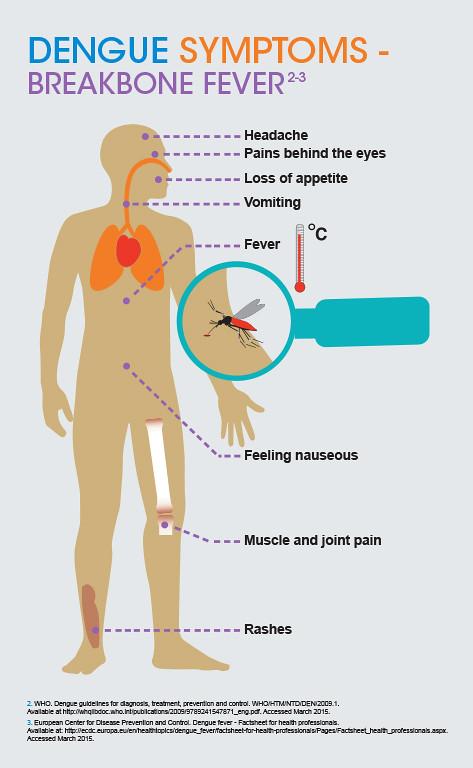
Schwannoma, also known as neurilemmoma, is a type of tumor that arises from the Schwann cells, which are responsible for producing the insulating myelin sheath that covers the nerves. These tumors are typically benign, meaning they are non-cancerous, and can develop anywhere in the body where there are nerves. However, they most commonly occur in the head, neck, and extremities.
While schwannomas are generally slow-growing and asymptomatic, they can cause a range of symptoms depending on their size and location. In this article, we will explore the various symptoms associated with schwannoma and how they can impact an individual’s health and well-being.
1. Numbness or Tingling
One of the most common symptoms of schwannoma is numbness or tingling in the affected area. This sensation is often described as a pins-and-needles feeling or a loss of sensation. For example, if the schwannoma is located in the arm or hand, an individual may experience a decrease in feeling or sensitivity in that area.
Additionally, the numbness or tingling may be accompanied by weakness in the affected limb, making it difficult to perform everyday tasks. It’s important to seek medical attention if you experience persistent numbness or tingling, as it could be a sign of a schwannoma or another underlying health issue.
2. Pain
Schwannomas can cause localized pain in the area where the tumor is located. This pain may be dull and achy or sharp and shooting, depending on the size and position of the tumor. The pain can also radiate to surrounding areas, causing discomfort and reduced mobility.
If you are experiencing persistent or worsening pain, especially in conjunction with other symptoms mentioned here, it’s essential to consult with a healthcare professional for an accurate diagnosis and appropriate treatment plan.
3. Changes in Sensation
Some individuals with schwannoma may notice changes in sensation, such as hypersensitivity to touch, temperature, or pressure. This altered sensation can be unsettling and impact daily activities, especially if the tumor is situated in a highly sensitive area, such as the face or neck.
Be attentive to any changes in sensation and report them to your healthcare provider for further evaluation. Timely intervention is crucial for managing the symptoms and preventing potential complications associated with schwannoma.
4. Muscle Weakness
As schwannomas grow and exert pressure on the nerves, they can lead to muscle weakness in the affected region. This weakness may manifest as difficulty in gripping objects, lifting items, or performing intricate movements, depending on the location of the tumor.
Addressing muscle weakness early on can aid in preserving mobility and preventing further functional decline. Physical therapy and targeted exercises may be recommended as part of a comprehensive treatment approach for schwannoma-related muscle weakness.
5. Bowel or Bladder Dysfunction
In rare instances, schwannomas located near the spinal cord or pelvic nerves can provoke bowel or bladder dysfunction. This might present as urinary incontinence, difficulty controlling bowel movements, or altered sensation in the pelvic region.
If you notice any changes in your bowel or bladder function, it’s imperative to seek prompt medical assessment to determine the underlying cause and implement appropriate management strategies.
6. Hearing Loss or Balance Problems
When schwannomas develop along the auditory nerve (vestibulocochlear nerve) in the inner ear, they can result in hearing loss, ringing in the ears (tinnitus), and dizziness. These symptoms can significantly impact an individual’s quality of life and necessitate specialized care from an otolaryngologist (ear, nose, and throat specialist).
Early intervention for hearing loss and balance issues associated with schwannoma is essential for preserving auditory function and mitigating potential complications related to equilibrium and spatial orientation.
7. Vision Changes
If a schwannoma affects the nerves related to vision, it can cause vision changes, such as blurriness, double vision, or difficulty focusing. This can be distressing and interfere with activities that require visual acuity, such as reading, driving, or completing work tasks.
An ophthalmologist can perform a thorough evaluation of any vision changes and collaborate with other healthcare providers to devise a tailored management plan for individuals with schwannoma-related visual disturbances.
8. Decreased Mobility
Large schwannomas or those positioned in proximity to major nerves and muscle groups can impede movement and lead to decreased mobility. This can present as difficulty walking, limited range of motion, or compromised coordination.
Rehabilitation specialists, including physical and occupational therapists, can assist individuals with schwannoma in regaining and optimizing their mobility through targeted interventions and assistive devices as needed.
9. Facial Weakness or Paralysis
When schwannomas arise in the facial nerve (cranial nerve VII), they can cause facial weakness or paralysis on one side of the face. This can affect a person’s ability to smile, close their eye, or make facial expressions, resulting in functional and aesthetic concerns.
A multidisciplinary approach involving neurologists, facial nerve specialists, and rehabilitation professionals is crucial for managing facial weakness or paralysis associated with schwannoma and enhancing overall facial muscle function and symmetry.
10. Emotional and Psychological Impact
Living with the symptoms of schwannoma can take a toll on an individual’s emotional and psychological well-being. Chronic pain, physical limitations, and uncertainty about the future can lead to anxiety, depression, and decreased overall quality of life.
Seeking support from mental health professionals and engaging in coping strategies, such as mindfulness and relaxation techniques, can help individuals manage the emotional and psychological challenges associated with schwannoma and foster resilience during their treatment journey.












